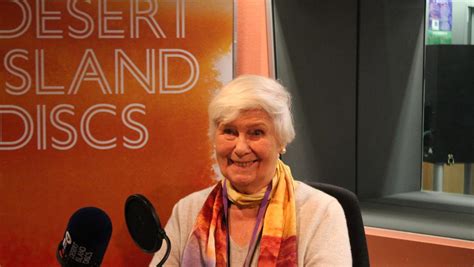Top 25 Quotes & Sayings by Jane Gardam
Explore popular quotes and sayings by an English writer Jane Gardam.
Last updated on September 16, 2024.
Stories of all lengths and depths come from different parts of the cave. For a novel, you must lay in mental, physical and spiritual provision as for a siege or for a time of hectic explosions, while a short story is, or can be, a steady, timed flame like the lighting of a blow lamp on a building site full of dry tinder.






















